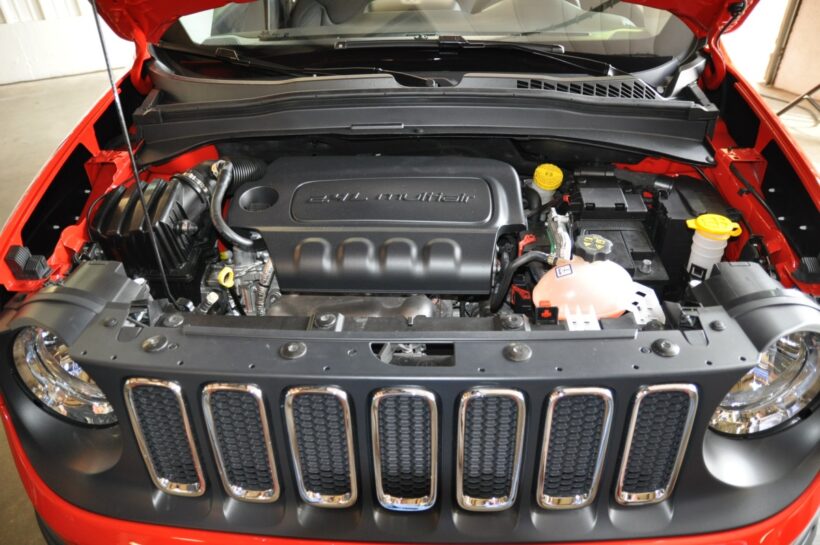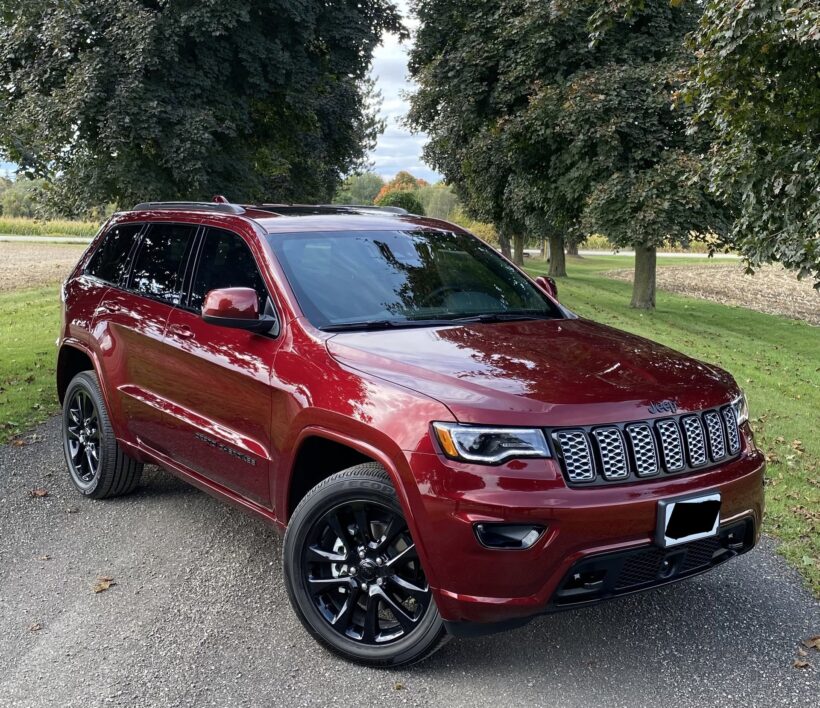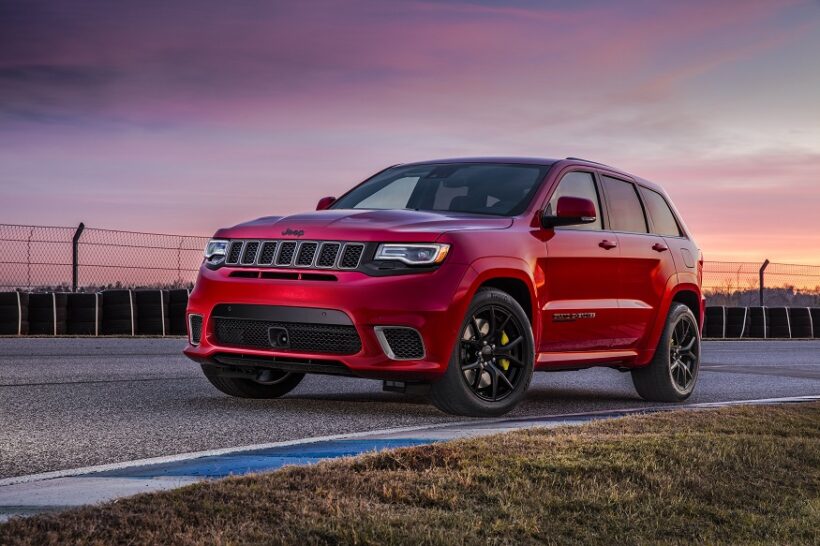Jeep is a popular car brand, and for good reason. They offer some of the best off-road capabilities in the market. But popularity does not come without trade-offs. Jeep’s 2.4 engine is one such example. In this article, we will explore some of the most common Jeep 2.4 engine problems and how to fix them. From misfiring to poor gas mileage, we will cover it all. So if you’re having problems with your Jeep’s engine, read on to get tips on how to address the issue.
Problems that can occur

Jeep 2.4L engines are known for being reliable and long-lasting, but they can also have a few common problems that can cause issues. Here are the most common ones, and how to fix them:
- Poor fuel economy: One of the most common Jeep engine problems is poor fuel economy. If your vehicle isn’t getting the fuel it needs, it may not be able to reach its power potential or run properly. To fix this problem, make sure you’re getting the correct octane rating for your fuel and check for any air leaks in your system.
- Excessive noise: Another potential problem is excessive noise. This can often be caused by worn parts or debris in the engine, which will then create an annoying banging sound when the engine is running. To fix this issue, try replacing any worn parts with new ones and cleaning out any debris from inside the engine.
- Low oil pressure: A low oil pressure warning light on a vehicle indicates that there’s a problem with your oil system and may need to be replaced. If you don’t have this light flashing constantly, but your Jeep starts having trouble accelerating or pulling power, you’ll likely need to replace your oil pump as well.
- Smoking or smell of burning engine: If you notice smoke coming out of your exhaust or a strong smell of burning engine, there’s likely something wrong with your ignition system and it may need to be repaired. To fix this issue, you’ll need to remove the spark plugs and clean them out.
How to fix common Jeep 2.4 engine problems
If you’re experiencing a problem with your Jeep’s 2.4L engine, there are a few things you can do to try and fix it. Unfortunately, not all problems can be fixed, and some may even require a replacement engine.
Make sure the fuel lines are properly connected at both the tank and the engine. If they aren’t, your Jeep may not be getting enough fuel to run correctly. Check for clogged or corroded fuel lines by using a turkey baster to try and clear them out. If that doesn’t work, have a professional mechanic take a look at your system.
After that, check the air filter. If it’s dirty or missing, dust or debris can get into the engine and cause problems. Replace the air filter if necessary.
If your Jeep isn’t starting after you turn it on, check for faulty ignition wires or connectors. Broken wires can cause your Jeep to not start no matter how many times you try; replace any broken wires as soon as possible.
In addition to checking these basic components, make sure there is enough oil in the engine by filling it up to the “max line.” Add more oil if needed – overfilling can cause engines to overheat and fail prematurely.
If none of these fixes work – or if you just want to be extra safe – you may want to consider a replacement engine.
What to do if your vehicle spends more than half its time in the garage?

If you find that your Jeep spends more than half its time in the garage, it might be time to take it into for service. Here are some of the most common engine problems and what you can do to fix them.
Jeeps can suffer from a number of problems with their engines, many of which are relatively easy to fix yourself. If you notice any of the following symptoms, it’s best to bring your Jeep in for a checkup:
-Your Jeep consistently stalls or has difficulty starting.
-You’re having trouble getting your Jeep up to speed.
-The engine is making a lot of noise or smoke.
-Your Jeep occasionally loses power while driving.
2.0 or 2.4 engine?
The debate between 2.0 and 2.4 engines is a hot topic among car enthusiasts. The two engines offer different benefits and drawbacks, so it’s important to weigh the pros and cons before making a decision. Here are the key factors to consider:
-Performance: The 2.4 engine is significantly more powerful than the 2.0 engine, making it better for high-performance cars. It also offers better fuel economy, which is an important factor for eco-conscious drivers.
-Reliability: The 2.4 engine is more reliable than the 2.0 engine, which means it’s less likely to experience mechanical problems. This is an important consideration if you plan on keeping your car for a long period of time.
-Cost: The 2.4 engine is more expensive than the 2.0 engine, but this may be worth it if you need the extra power or fuel efficiency benefits.
How much horsepower does a Jeep 2.4-liter engine have?

Jeep engines come in a variety of horsepower ratings, from the smallest engine that can power a vehicle up to the most powerful engines available. Engines in smaller vehicles typically have lower horsepower ratings than those in larger vehicles. The Jeep 2.4-liter engine has an estimated horsepower rating of 123 hp.
Conclusion
Jeep 2.4L engine problems can be frustrating, but with a little knowledge and some basic steps you can take to prevent them from happening in the first place, you’ll be well on your way to having a trouble-free drive. If you’re experiencing issues with your Jeep’s engine, read through this article so that you know what to look for and how to address each problem. With some simple steps executed before your trip or while driving, you should have no trouble enjoying your time behind the wheel!

